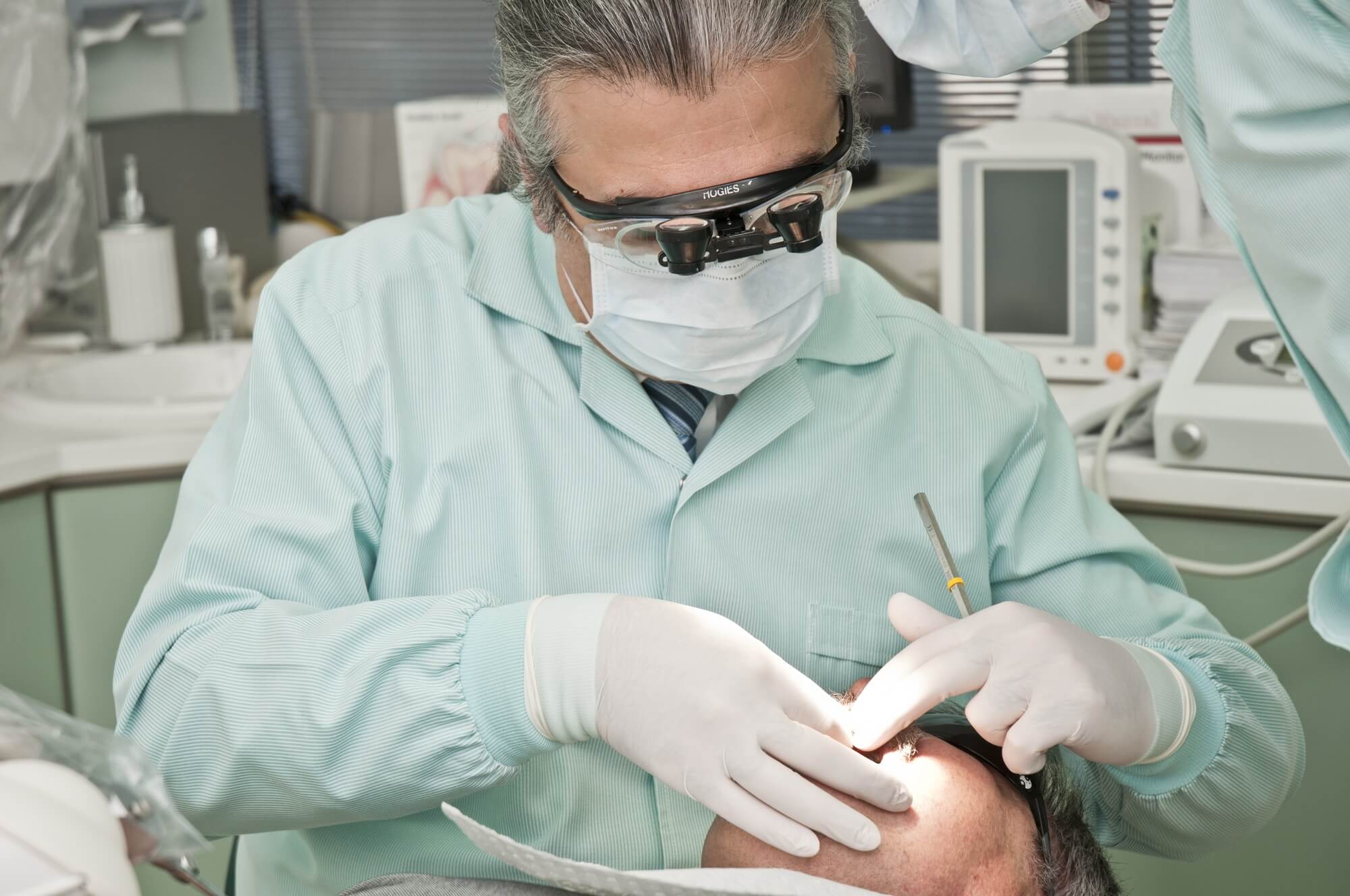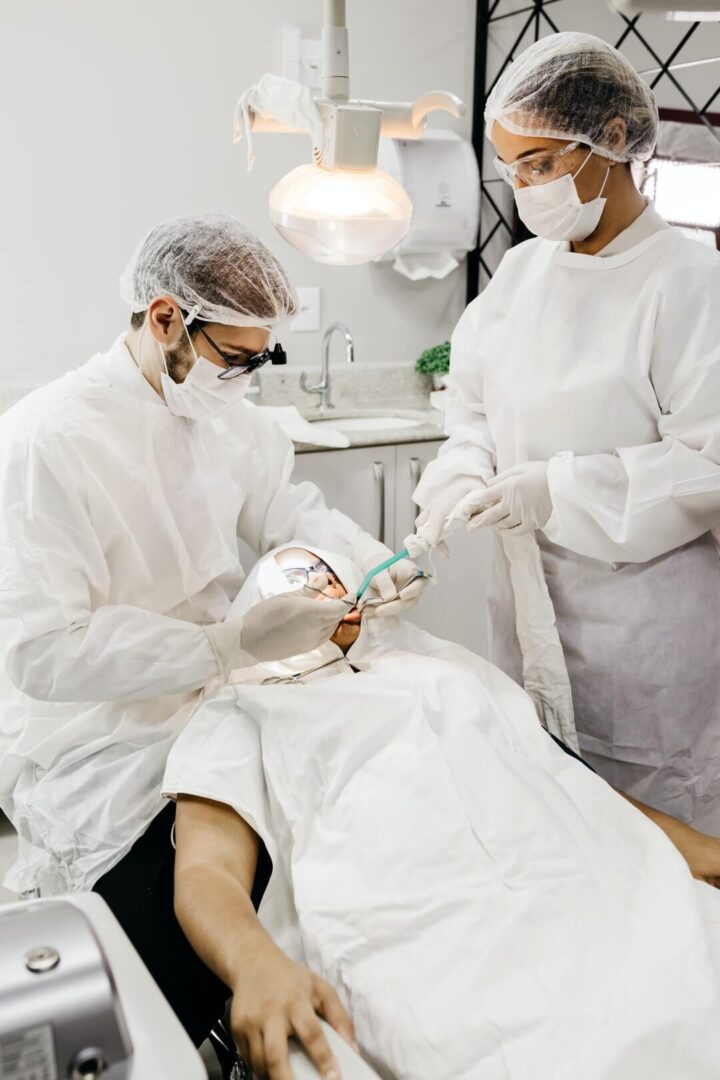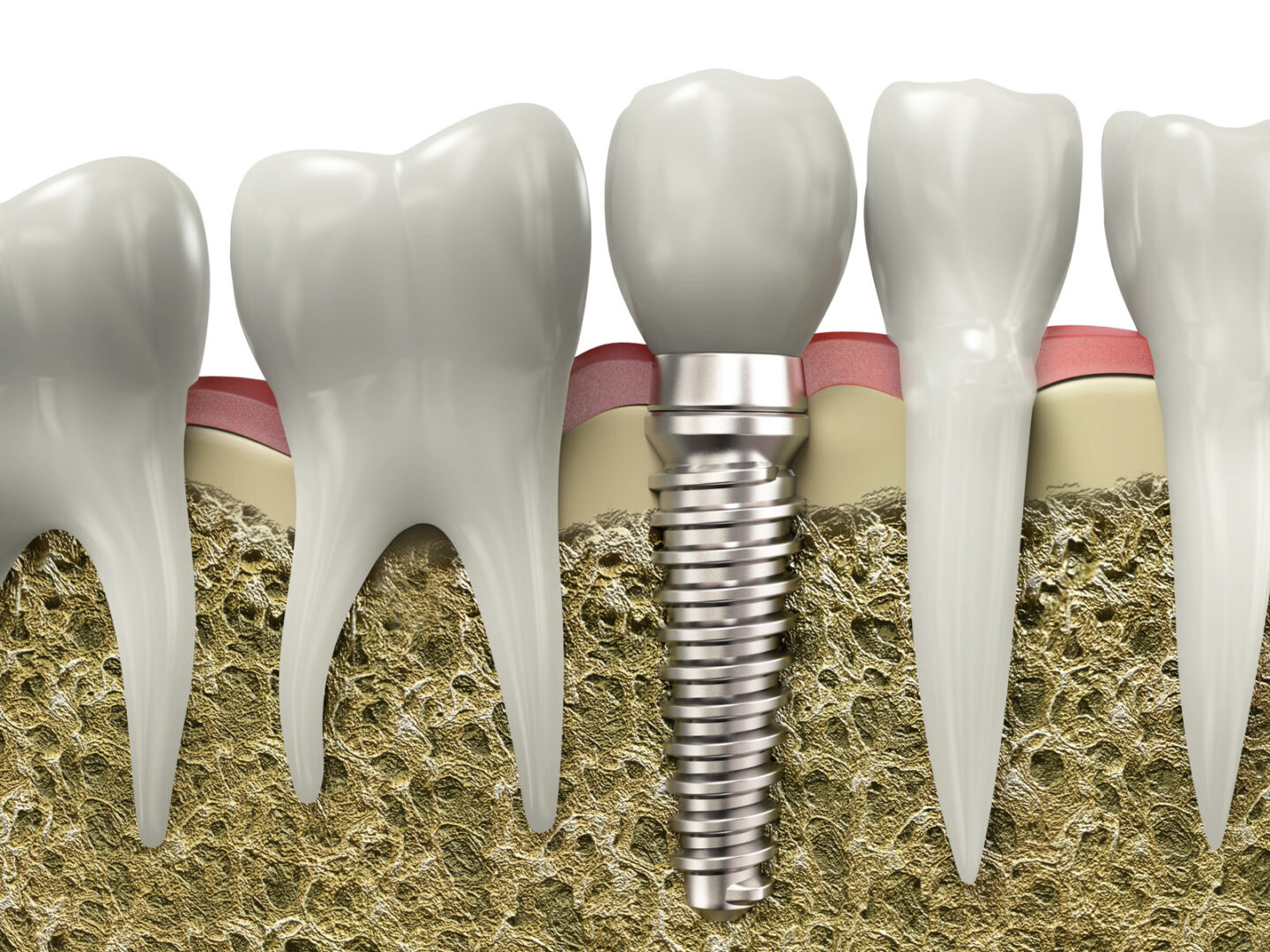If you’re gearing up for dental implant surgery, you’re far from alone. This dental procedure is incredibly common and growing even more so, with experts estimating that at least 5.7% of the population will opt for it by the year 2026.
Of course, as the day of your procedure approaches, it’s not unusual to start feeling anxious about your preparations. How can you make sure that your surgery is a success?
We’ve got you covered! Let’s take a look at a few of the most important things to take care of before the big day.
Ask Your Surgeon Plenty of Questions
During your comprehensive dental examination, you’ll have an opportunity to ask your surgeon about the step-by-step procedure, your treatment plan, your recovery timeline, and more. It helps to write down any questions you want to ask in advance, ensuring that you remember them!
At this time, you’ll want to ask about alternative products or dental materials for any allergies you have. You’ll also want to give your surgeon a list of any medications you’re taking.
This is also a good moment to ask about your options for sedation. While some patients opt for nitrous oxide sedation to feel at ease, deeper sedation tactics may be better for patients with anxiety or those who need extensive surgery.
Change a Few Key Habits
As with most implant dentistry procedures, you’ll need to change a few of your daily habits.
If you’re a smoker, you’ll need to be nicotine-free for at least six weeks before your surgery. Not only can smoking impact your body’s ability to heal, but it can also affect your reaction to sedation.
You should also stop drinking alcohol at least three days before your surgery, and you should stop drinking caffeine a week before your surgery.
In some cases, your surgeon may ask you to stop or alter your medication intake during a set time frame before your implant procedure. This may include things like aspirin and ibuprofen as well as certain vitamins such as fish oil or turmeric supplements.
Fill Any Prescriptions From Your Surgeon
Though patients often need to undergo a course of antibiotics after the procedure is complete, some patients will also need to take antibiotics before it. This is especially true of patients with diabetes, heart conditions, or weakened immune systems.
If you’re concerned about the possibility of infection, feel free to talk to your dentist about antibiotic pre-treatment during your consultation.
Clear Your Schedule
Though implants won’t keep you off your feet for long, it’s best to clear your schedule for the rest of the day after an implant surgery. In addition, while some patients return to work the following day, you may want to consider taking at least one day off of work.
If not, make sure to ease up on the number of activities you’ll be tackling, as you may not feel up to the task during your early recovery. In general, you may want to set a lighter schedule for around a week after your surgery.
Call for Backup
Whether or not you’ll be opting for heavy sedation, it’s important to have someone around to drive you home after your procedure. Contact a friend or family member for the job, and ask them to be on hand for at least 24 hours after your surgery if you’ll need to go out again.
If you have children, it’s best to make sure that someone else is around to take care of them for the first 24-48 hours after your procedure.
Stock Up on the Right Foods
Once you come home after your dental implant procedure, you probably won’t feel up to a grocery run! Instead, consider stocking up on the right foods in advance, allowing you to get some rest without worrying about finding foods that are gentle on your new implant.
You should always follow your surgeon’s specific recommendations regarding the best foods to eat. However, in general there are a few tried-and-tested foods worth grabbing.
In the first few days after your surgery, you’ll need to eat soft or liquid foods. This can include mashed potatoes, oatmeal, smoothies, nutritional drinks, yogurt, cold soup, ice cream, applesauce, and pudding. If you won’t have someone around to prepare your meals for you, consider grabbing ready-made or packaged products, as you may not feel up to cooking right away.
Once you’ve begun your dental implant recovery, you can upgrade your diet to soft foods that you can chew. This can include foods like pasta, soft bread, eggs, and even soft chicken, fish, or beef. Make sure to ask your dentist when to make this switch.
Get Enough Sleep
You’ll spend your surgery lying back in a chair, so it’s tempting to think that you don’t need to worry about getting enough sleep. However, most patients feel surprised by how tiring and even stressful the dental implant procedure can be!
Getting enough sleep can not only help ease any anxiety, but it can also ensure that your body is well-rested enough to have the energy it needs during your early recovery. Be sure to jump-start your natural healing response by going to bed on time.
Start Preparing for Your Dental Implant Surgery
If you’ve been struggling to upgrade the appearance of your teeth or your oral health in general, implants can truly feel like a game-changer. While it’s not unusual to feel anxious about your upcoming procedure, don’t forget that there’s plenty you can do to prepare for success from the start.
When you work with one of our expert oral surgeons, you’ll have the opportunity to ask them more specific questions about your preparations, procedure, or post-implant instructions. Don’t hesitate to reach out to us with any concerns as your surgery approaches!




